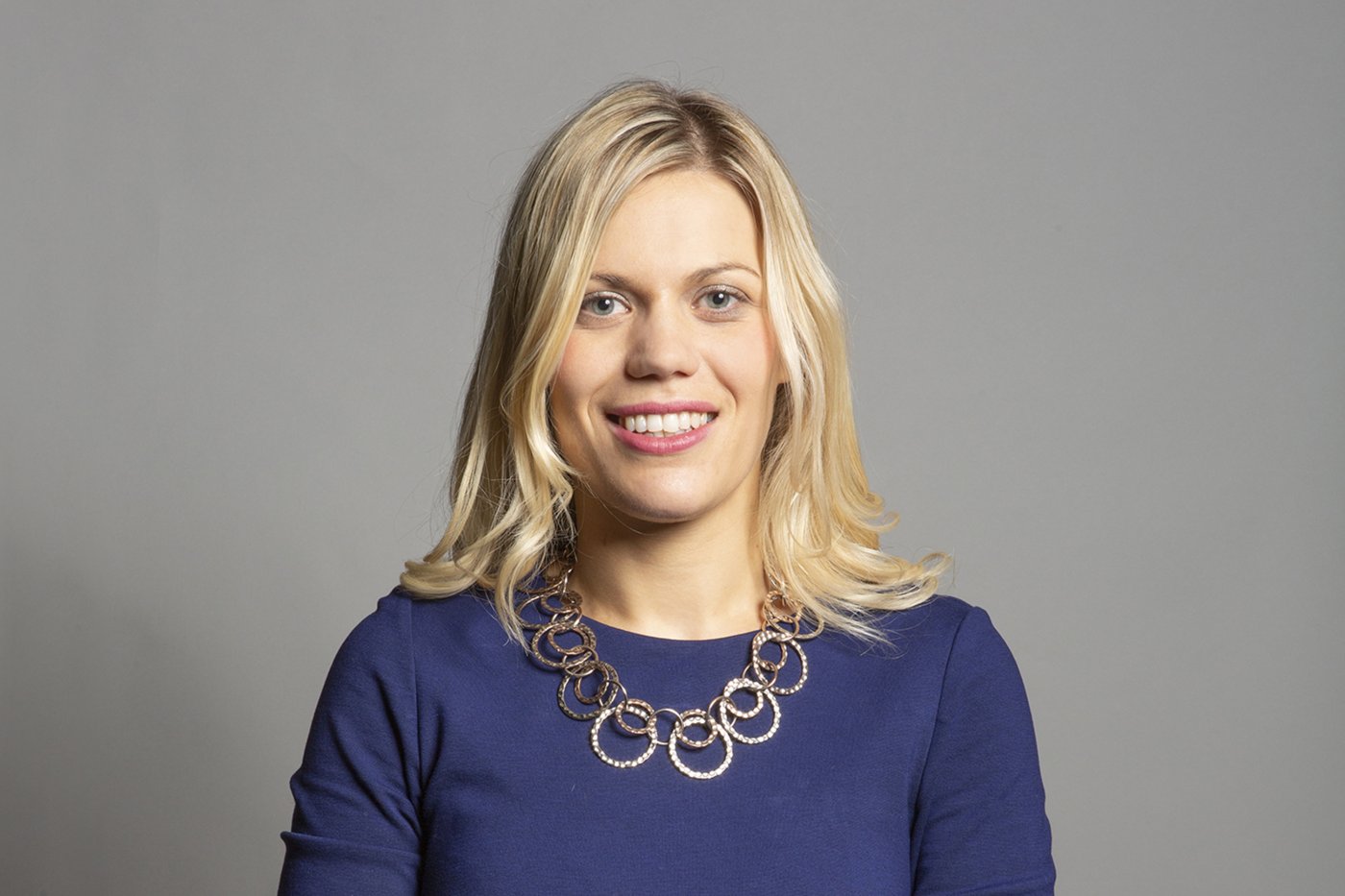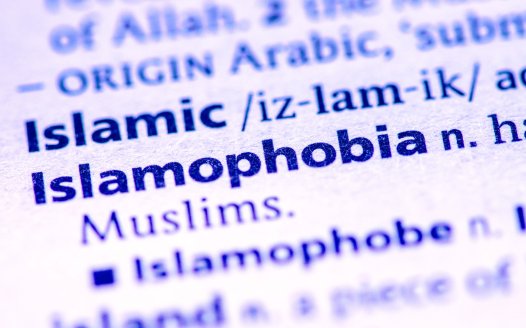It’s religion’s critics, not believers, who are being pushed out of politics
Posted: Thu, 15th Jun 2023 by Megan Manson
Christian politicians have recently claimed they cannot talk openly about their faith. Megan Manson says recent events show politicians who criticise religion are far more likely to be silenced.
At a recent discussion hosted by religious think tank Theos, evangelical Christian Miriam Cates MP (pictured) lamented that it is "incredibly difficult" for politicians to talk openly about faith.
Cates was referring to Kate Forbes MSP, and her failed bid to succeed Nicola Sturgeon as leader of the Scottish National Party – and first minister of Scotland. Forbes has also given a recent BBC interview where she echoed the sentiment that religious people are being forced out of politics.
Cates asked the room: "Which part of the Christian religion is so hideous to people now? Is it helping the poor?"
It was a disingenuous question that conveniently ignored what the public actually find so concerning about Forbes: the views of the church she belongs to, the Free Church of Scotland.
This is a fundamentalist church which has opposed abortion, gay marriage, and children playing on swings on Sundays. Most people would consider these to be controversial positions to say the least. It is perfectly reasonable for the public to question a politician who belongs a group which espouses such views, religious or not.
As it happens, the leadership went to a Muslim, Humza Yousaf. If the highest seat of office in Scotland can go to a member of a conservative religion, surely that's evidence enough that the public doesn't find faith as off-putting as Cates makes out.
Nevertheless, Cates is right – it is difficult for politicians to talk openly about faith.
But perhaps not in the way she meant.
Within the space of a month, we've seen two politicians pushed out of their role for talking about religion. More specifically, for criticising religion.
In May, councillor Mike Gilbert was refused the mayoralty of Boston Borough Council because of Facebook posts in which he condemned Islam's stance on homosexuality and women's rights. The comments were made during the football World Cup hosted by Qatar, which at the time prompted widespread public debate about the human rights record of Qatar's Islamic regime.
The serving mayor implied Gilbert's legitimate criticisms were "hate speech" during the council's annual general meeting and told other councillors that failure to condemn such speech could be interpreted as expressions of "approval or support".
And this month, in an eerily similar case, Neyland town councillor Andrew Lye was stripped of his mayoralty after a blog he wrote in 2008 came to light, in which he questioned the religious circumcision of babies. It should be noted over 60% of Brits would support a law against non-medical circumcision of boys - a painful, permanent and non-consensual procedure which can have serious complications, including death.
Fellow councillor Brian Rothero called Lye's comments "nothing short of antisemitic and anti-Muslim". The council subsequently voted to remove Lye from the mayoralty. Lye has since resigned from the council.
Both cases spell grave danger for democracy and free speech. It only takes the silencing of one politician to silence them all. The message is clear: don't criticise religion, or you'll lose your job.
If politicians can't raise concerns about the human rights of gay people, women or children where religion is involved, what does that mean for the future of those human rights?
Religious fundamentalists are highly motivated to make it difficult for outsiders to talk honestly and critically about their religion. The all-party parliamentary group on British Muslims have aggressively pushed for institutions including local councils and political parties to adopt their definition of 'Islamophobia'. Organisations including the National Secular Society have warned the definition, which easily conflates criticism of Islam with anti-Muslim bigotry, would chill free speech and conflict with equality law. The recent incidents at two local councils prove this point all too well.
While local councillors are forced from their jobs for challenging the more egregious aspects of faith, religion (and especially Christianity) basks in a privileged position at all levels in government. As the established church, the Church of England enjoys unparalleled access to our head of state and the houses of parliament. It even has 26 bishops appointed to the House of Lords as of right, all of whom have full voting rights and are generally given deference during debates. Sittings in both houses open with prayers – as do many council meetings.
This is hardly an environment where religion fears government. As recent cases demonstrate, the opposite is true.
Cates did make a surprisingly secularist point during the discussion, however. Defending Forbes, she said: "There should be a separation between personal faith and what happens in a democracy".
It is heartening to see an understanding here that separating the democratic process from personal religion is key to protecting everyone's freedom of speech and freedom of conscience, whether religious or not.
But it's a process which goes both ways. Just as religious people should be free to express their beliefs, others shouldn't be afraid to criticise them.
And the best framework for this is a secular democracy, where religion is neither privileged nor disadvantaged, and just one of many stalls in the marketplace of ideas.
Freedom of Expression
Democracy cannot exist without the right to free speech. Join our campaign to protect freedom of expression from religious incursions.








